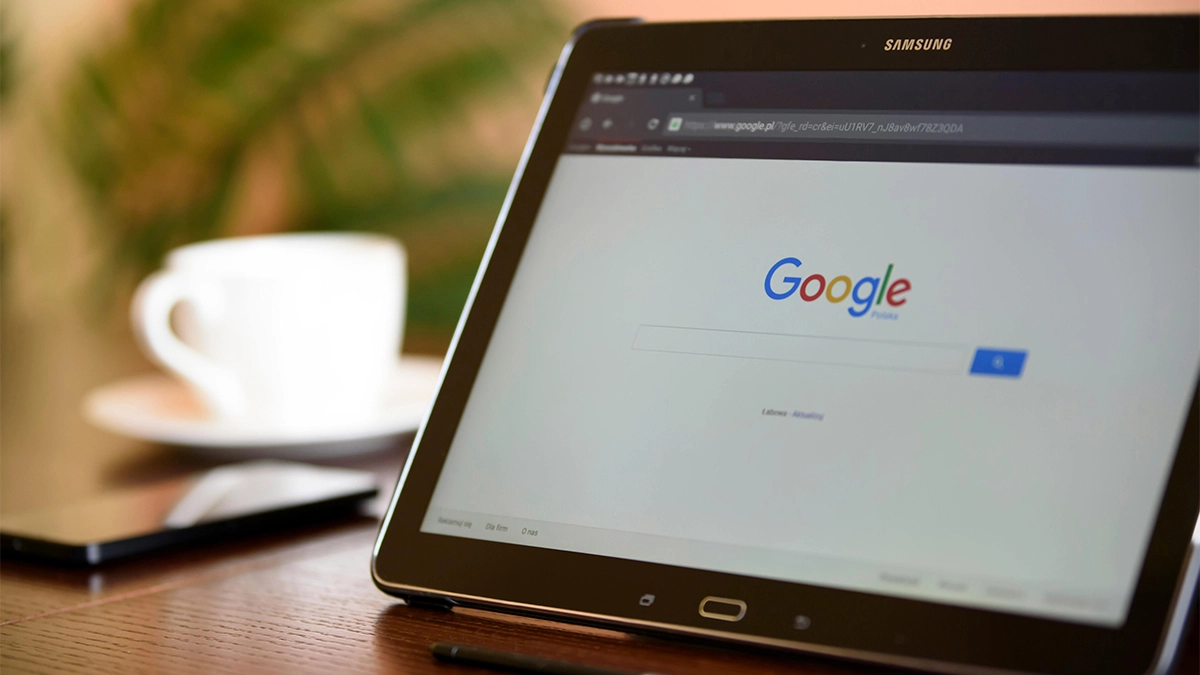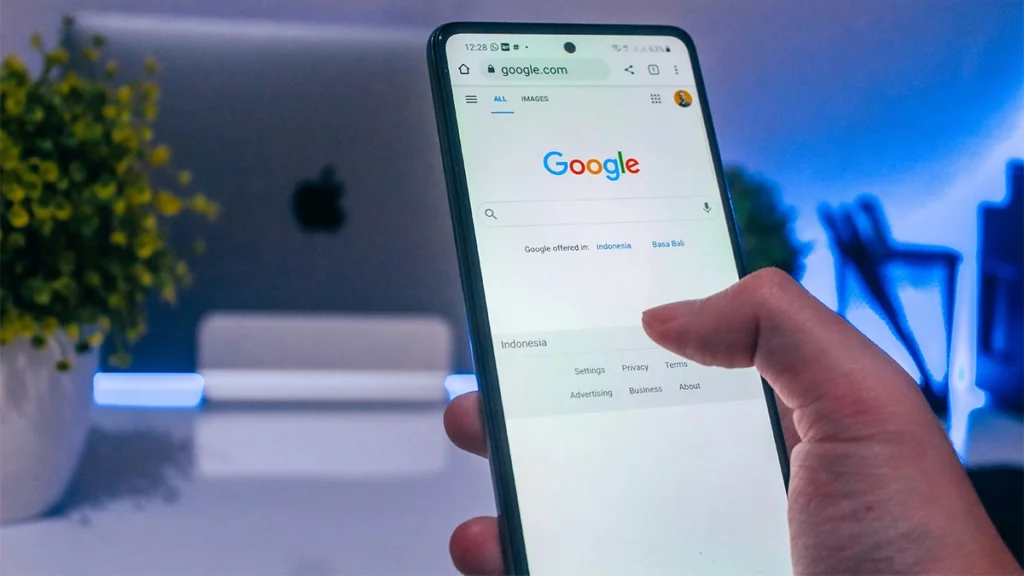When you’re running a small business or startup, every penny counts. You want results, fast—but you also need to spend wisely. So when someone mentions Google Ads, the big question often is: “Is it really worth it?”
In this guide, we’ll break down exactly what Google Ads is, how it works, the costs involved, and whether it’s a smart investment for your business. If you’re wondering, “is Google Ads worth it for a small business like mine?”—this post is for you.
What Is Google Ads?
Google Ads is a paid advertising platform that allows businesses to appear in prominent positions on Google search results, YouTube, and other websites. You only pay when someone clicks on your ad—hence the term pay-per-click (PPC).
Let’s say you own a local cleaning business. When someone in your area types in “end of tenancy cleaning near me,” your ad can appear at the very top of the results page, above the organic listings. That’s powerful visibility—especially if you’re just getting started and don’t yet rank well in organic search.
How Google Ads Works in Simple Terms
Think of Google Ads like an auction. You choose keywords you want your ad to appear for (e.g. “plumber in Nottingham”) and decide how much you’re willing to pay when someone clicks on your ad. Google considers a few things when deciding which ads to show:
- Your bid (how much you’re willing to pay per click)
- Ad relevance (is your ad helpful and aligned with the search?)
- Landing page experience (does your website match what the ad promises?)
You don’t always need the highest bid to win. Google rewards quality and relevance. That’s why small businesses can compete—even on tight budgets.
The Pros of Google Ads for Small Businesses
- Instant Visibility:
Unlike SEO, which can take months to bring results, Google Ads puts you in front of potential customers right away. If you’ve just launched your website and need traffic now, this is a huge advantage. - Highly Targeted:
You can control exactly who sees your ads—by location, age, interests, device type, and even the time of day. That means your budget is spent reaching the people most likely to buy from you. - Budget Control:
You can set daily and monthly limits to avoid overspending. Whether you’ve got £100 or £10,000, you stay in control of your spend. - Trackable Results:
One of the best parts about Google Ads is that everything is measurable. You can see exactly how many people saw your ad, clicked it, called you, or filled in your contact form. - Great for Testing:
Want to know which headline, product, or offer works best? Run A/B tests with different ads and learn fast. It’s a low-risk way to experiment and learn what your audience responds to.
The Cons (and How to Avoid Them)
- Can Get Expensive If Not Managed Well:
Clicks can add up fast—especially in competitive industries like legal, finance, or IT. If you don’t have the right targeting, you might be paying for clicks that never convert. That’s why it’s important to regularly review your ads and optimise them.
💡 Tip: Always start small, test what’s working, and scale up gradually. - Learning Curve:
While Google Ads offers powerful tools, it can feel overwhelming at first. There’s keyword match types, ad extensions, bidding strategies—the list goes on.
💡 Tip: If you’re unsure, consider working with a freelancer or agency to set things up properly. - No Long-Term Benefit Once You Stop Paying:
With SEO, your website can continue to get traffic even if you pause work for a bit. With Google Ads, once your budget runs out, your ads disappear. It’s great for short-term impact, but shouldn’t replace your long-term marketing strategy.
How Much Does Google Ads Cost?
This varies massively depending on your industry and location. Some keywords cost as little as 20p per click, while others can go over £10.
Here’s a rough guide for typical small business sectors in the UK:
| Industry | Avg. Cost Per Click (UK) |
|---|---|
| Local services (e.g. electricians, plumbers) | £1 – £3 |
| E-commerce | £0.50 – £2 |
| Health & Wellness | £1 – £4 |
| Finance & Insurance | £4 – £10+ |
Remember: Cost per click isn’t everything. If a £3 click leads to a £300 job, the return on investment is still strong.
Is Google Ads Worth It for Your Small Business?
Here are five questions to help you decide:
- Do people actively search for your product/service on Google?
If yes, Google Ads is a strong fit. For example, “emergency locksmith” or “SEO agency Nottingham” are great search-based services. - Do you need fast results?
Unlike SEO or organic social media, Google Ads brings traffic quickly. - Do you have a marketing budget to invest?
Even £5–£10 per day can be enough to test the waters and see if it drives leads. - Is your website ready to convert visitors into customers?
Ads won’t work if your website is confusing or slow. Make sure your landing pages are clear and mobile-friendly. - Can you monitor and optimise regularly?
Running Google Ads isn’t “set and forget.” You’ll need to tweak, test, and improve regularly to get the best results.
Common Mistakes Small Businesses Make with Google Ads
- Targeting too broadly:
Avoid going after general keywords like “marketing” or “plumber.” Be specific—e.g. “emergency plumber Nottingham.” - Not using negative keywords:
- These prevent your ad from showing for irrelevant searches. For example, if you sell premium furniture, you might want to exclude words like “cheap” or “free.”
- Ignoring mobile users:
Make sure your website looks great and loads quickly on phones, or you’ll lose clicks. - No conversion tracking:
Without it, you won’t know what’s working and what’s not.
How to Get Started with Google Ads (Without Wasting Money)
- Set a clear goal:
Do you want phone calls? Website leads? Sales? - Do keyword research:
Use free tools like Google Keyword Planner to find high-intent terms. - Write simple, clear ads:
Focus on benefits and include a strong call to action. - Create dedicated landing pages:
Don’t send people to your homepage—match your page to your ad. - Track everything:
Use Google Analytics and conversion tracking to measure performance.
Final Verdict: Is Google Ads Worth It for Small Businesses?
Yes—when used wisely. Google Ads can deliver fast, targeted traffic to your site, helping you generate leads and sales even if you’re just starting out.
But it’s not a magic fix. You’ll need the right setup, a bit of learning (or support), and regular optimisation to make it truly work for your business.
If you’re a small business wondering whether Google Ads is worth it, our advice is simple: start small, track everything, and don’t be afraid to ask for help.
Need Help with Google Ads?
At 404 Marketing, we help small businesses run smart, cost-effective ad campaigns that actually deliver results. Whether you’re testing the waters or ready to scale, we’ll make sure your ad spend goes further.
Contact us for a free consultation or head to our blog for more digital marketing tips.


